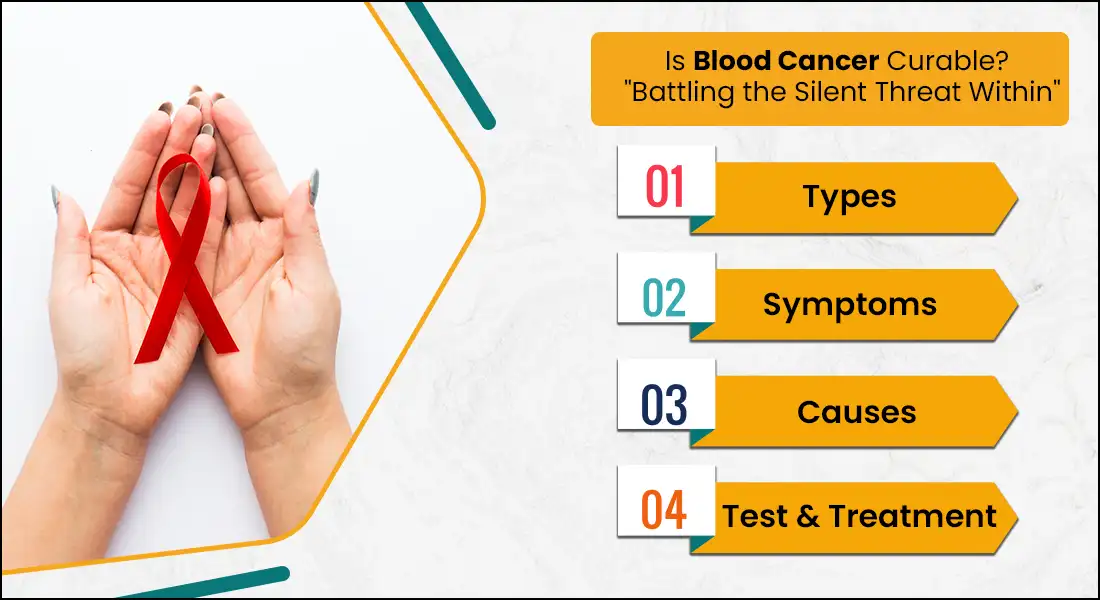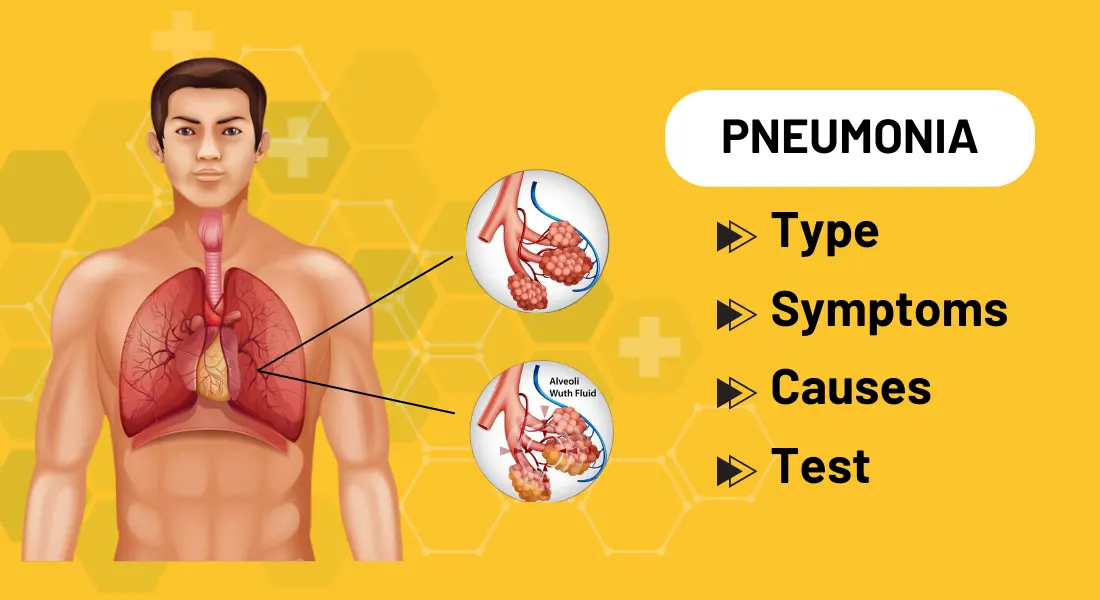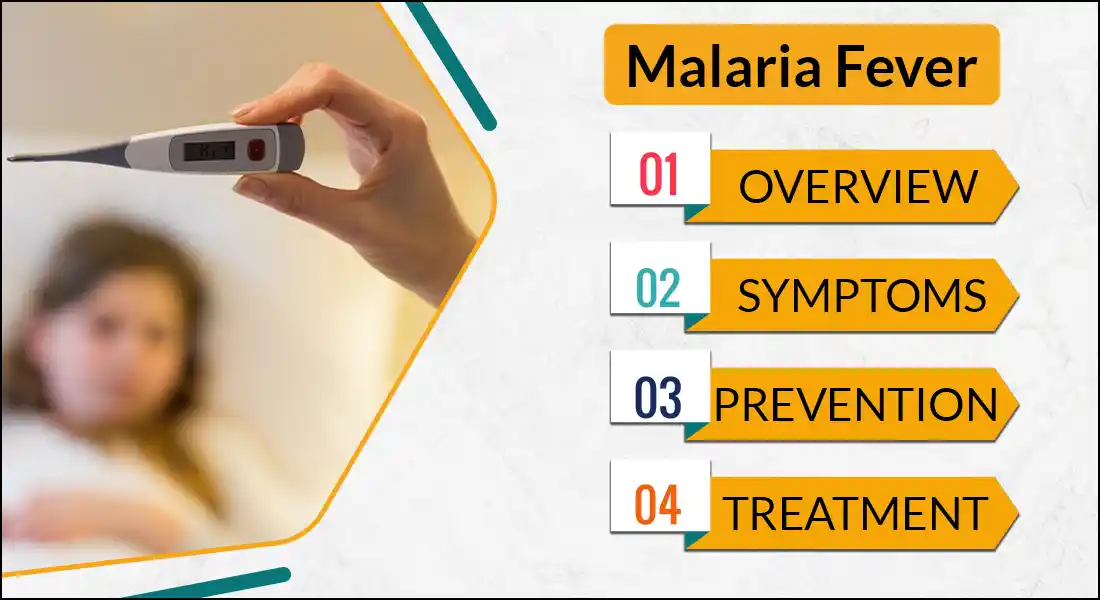Silent Threat - Blood Cancer Symptoms, Type, Causes, And Test

On this page
Cancer is a severe ailment that affects different parts of the body. One of the types is blood cancer, also referred to as haematological malignancy or haematologic cancer. Commonly, there are three types of blood cancer.
It occurs with abnormal cell growth in bone marrow (spongy tissues inside the bones where blood cells produce) or blood. These abnormal cells infer the functions of normal blood cells, combating infections and producing new blood cells. This all-encompassing post elaborates on the symptoms of blood cancer, its types, causes, diagnosis, and treatments.
An Overview Of The Various Types Of Blood Cancer
Blood cancer alters the way blood cells behave inside the body. In general, there are three types of blood cells:
- White blood (combating infection)
- Red blood cells (carrying oxygen to different organs and tissues and bringing CO2 to lungs)
- Platelets (forming blood clots when injured)
There are three prime types of blood cancer: lymphoma, myeloma, and leukaemia. Considering these types, the following are the subcategories of blood cancer:
Leukaemia
This type originates in the bone marrow and blood. The malignant tumour forms when the body creates multiple abnormal WBCs and interferes with the ability of bone marrow to produce RBS and platelets.
Hodgkin Lymphoma
It usually occurs in the lymphatic system from cells, also known as lymphocytes. When abnormal lymphocyte is present in the system, it forms cancer. These abnormal cells are Reed-Sternberg cells.
Non-Hodgkin Lymphoma
Non-Hodgkin lymphoma is another type of blood cancer developing in the lymphatic system. It forms from lymphocytes, the white blood cells responsible for fighting infections.
Multiple Myeloma
This type originates in the plasma cells in the bone marrow. There are various stages involved in this type.
Other less common categories of blood cancer are below:
MPNs Or Myeloproliferative Neoplasms
MPNs are rare blood cancers that form with the overproduction of platelets, red blood cells, and white blood cells. The three prime categories of this cancer include the following:
- Myelofibrosis (MF)
- Thrombocythemia (ET)
- Polycythemia Vera (PV)
MDS Or Myelodysplastic Syndromes
Again, MDS is a rare type of blood cancer that occurs due to the damage in blood-producing cells in the bone marrow.
Waldenstrom Macroglobulinemia
Also referred to as Waldenström's, it is another rare cancer in the white blood cell. This cancer type is slow-growing compared to non-Hodgkin lymphoma. It occurs in the bone marrow and slows the growth of blood cells. This leads to anaemia and a weak immune system.
Aplastic Anaemia
Although it's a rare blood cancer, it's a severe type occurring when the bone marrow fails to make new blood cells naturally. Some surveys suggest that it's not a type of cancer, but the treatments are similar to therapies used for lymphomas and leukaemia.
Amyloidosis
Amyloidosis might have a close association with blood cancers (multiple myeloma), but it is not a cancer itself. Characterised by abnormal protein (amyloid) build-up, it results in a severe condition.
Outlining The Signs And Symptoms Of Blood Cancer
The various signs and symptoms of blood cancer include the following:
- Severe fatigue
- Chills and fever
- Loss of appetite
- Nausea
- Inexplainable weight loss
- Joint or bone pain
- Night sweats
- Headaches
- Abdominal discomfort
- Breathing difficulties
- Skin rashes and itchiness
- Swollen lymph nodes in underarms, groin, or neck
- Reoccurrence of infections
Everything About The Causes Of Blood Cancer
Blood cancer occurs due to mutations in DNA within the blood cells. It causes blood cells to start working abnormally. The changes have a close relation to people's lifestyles. Although there are no evident surveys based on the causes of cancer development, a few parameters might affect the risk. The following might be a few causes of blood cancer:
- Advancing age
- Sexual habits
- Ethnicity
- Family history or genetics
- Exposure to chemicals or high doses of radiation
- History of other blood cancers
- Obesity
- Other health conditions like autoimmune diseases (lupus or rheumatoid arthritis)
- Compromised or weakened immune system
Test For Blood Cancer: Understanding The Diagnosis Options For Blood Cancer
Diagnosis for blood cancer begins with a physical examination to assess the patient's medical condition. The doctors first reviews the medical history before examining the body and lymph nodes. Then, the expert doctors looks for signs of blood cancer.
Through different tests, the medical professional diagnoses blood cancer. Here's the list explaining each test for blood cancer in detail:
- Biopsies
It collects samples of cells in a laboratory. For lymphoma, patients require a lymph node biopsy for the sample of lymph tissue or the lymph node. With the help of bone marrow screening, diagnosis of the type of cancer occurs.
Oncologists use bone marrow aspiration, a process to eliminate a small sample of the bone marrow, bone, and blood. They eliminate it from the breastbone or hip bone. In the lab, the sample assesses whether there are any abnormal cells.
- Blood Tests
CBC, or complete blood count, demonstrates the cell count of various blood components like RBCs, WBCs, and platelets. Blood chemistry screening measures the levels of substances in blood. Abnormal protein levels offer details about the health condition of the patient.
In case of multiple myeloma, the medical associate checks the blood calcium level of the patient. On the contrary, the oncologist measures an enzyme (lactate dehydrogenase) for suspected lymphoma.
- Imaging Scans
An imaging scan detects the enlarged lymph node, commonly occurring in case of lymphoma. Scans help to detect whether the cancer has spread to different part of the body. A few scans include the following:
- X-Ray
- MRI or Magnetic resonance imaging
- CT (computed tomography) scan
- Ultrasound
- PET (positron emission tomography) scan
Medical associates can also use imaging scans during biopsies to identify the affected area.
Learning The Various Blood Cancer Treatments
The following are the categories of blood cancer therapies:
- Chemotherapy
- Radiation therapy
- Targeted therapies
- Stem cell transplantation
- Cancer Surgery
- Immunotherapy
About the Company: City X-Ray & Scan Clinic Pvt. Ltd. is a renowned diagnostic clinic and path lab in Delhi. Our expert Professionals collect free blood samples. At the company, experts conduct accurate screening like CT scans, ultrasound, and many more for blood cancer detecting tests and other ailments.
DISCLAIMER: THIS WEBSITE DOES NOT PROVIDE MEDICAL ADVICE. The information including text, graphics, images, and other material contained on this website is for informational purposes only. No material on this site is intended to be a substitute for professional medical advice, diagnosis, or treatment. Contact a health expert if you have questions about your health.













.webp)

Comments List